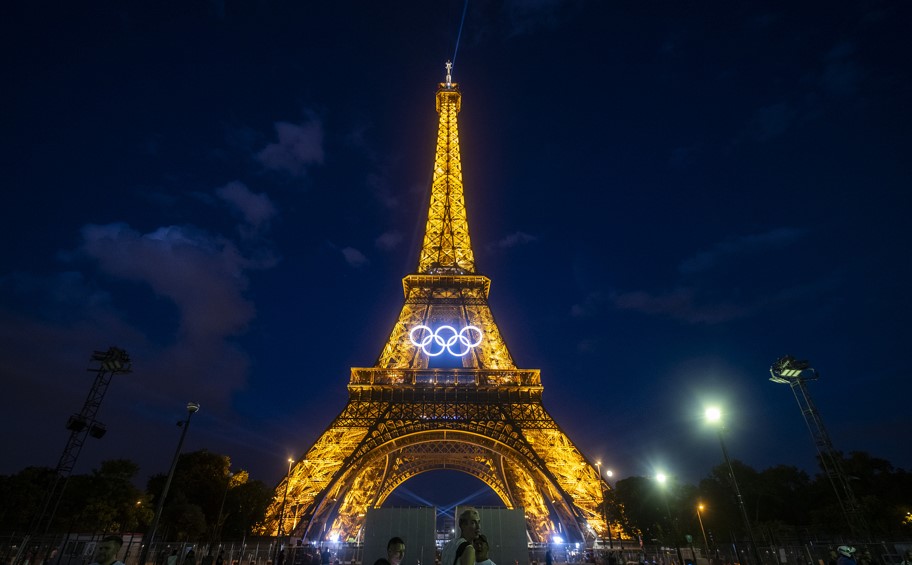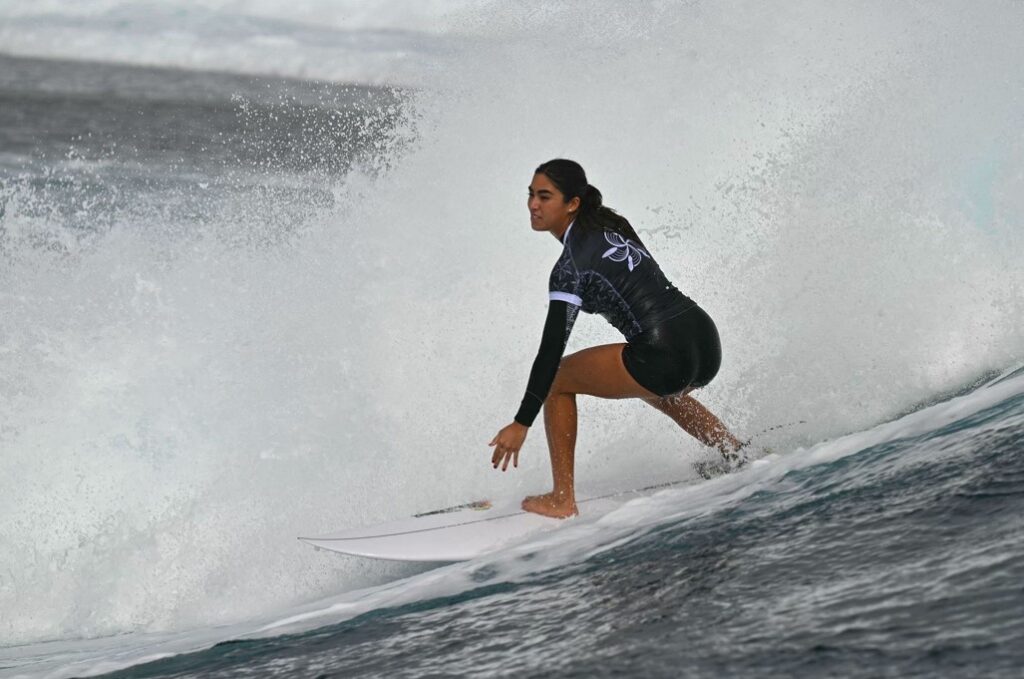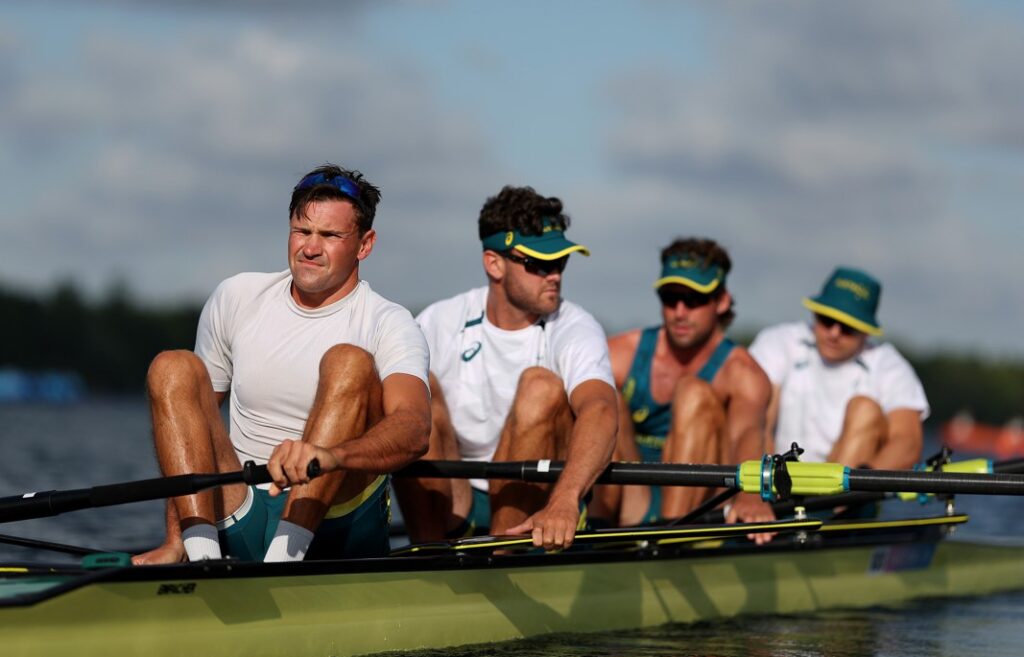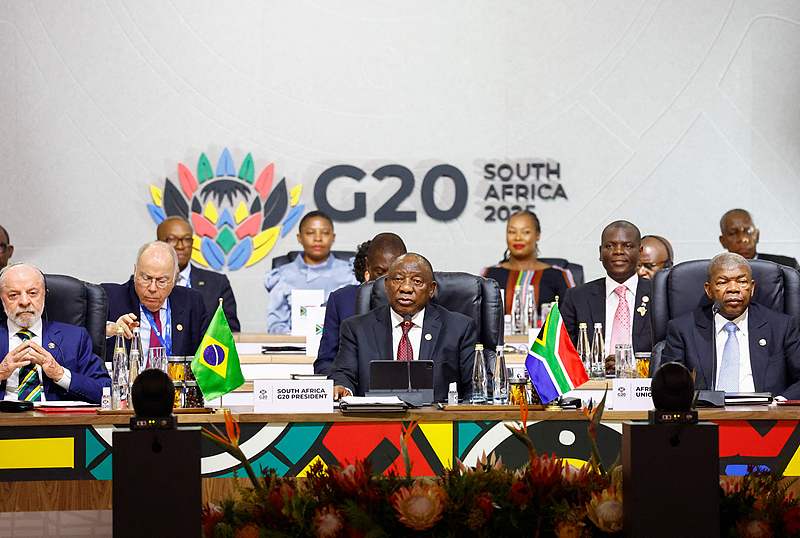
Paris 2024: All the interesting facts
The official opening ceremony of the 33rd Olympic Games is scheduled for July 26, although football and rugby events will kick off a day earlier.
10,500 athletes from more than 200 countries across the world, all hoping for glory, will gather in Paris to represent their countries in the global sporting extravaganza.
While the French capital has already hosted the Olympics twice before in its history, it has had to wait 100 years to welcome Olympians for a third time.
As we get into the frenzy of the world’s biggest sporting event, here are some of the most interesting information about the 2024 Games.
Paris treble
The French capital will become only the second city to host the Olympics three times, after London (1908, 1948, and 2012).
Paris initially hosted the Summer Games in 1900 and 1924.
While Paris is the main host city for the showpiece, events will be spread across 16 other cities in metropolitan France.

The Eiffel Tower makes its mark
The world-renowned Eiffel Tower in Paris will play an integral part at the 2024 Olympics in more ways than one.
Firstly, the beach volleyball event will be stages in a temporary outdoor arena set up right under the tower. But it is not only the volleyball event that will be associated with the tower. In honor of the return of the Games to France, each Olympic medal will include a piece of the Eiffel Tower, creating a lasting physical memory for all the winning athletes.
Greenest ever Games?
Paris 2024 has set an ambitious goal: to cut the carbon footprint of the Games in half compared with previous editions. To achieve this, organizers are targeting every source of emissions and rallying all the parties involved.
Interestingly, there will be no air conditioning in the athletes’ rooms.
Instead, buildings in the athletes’ village have been designed with a cooling system drawing water from underground, and facades adjusted so they get little direct sun.
Gender parity
Paris 2024 will be the first Olympics in history to achieve numerical gender parity on the field of play, with the same number of female and male athletes participating in the largest sporting event in the world.
The feat is made even more weighty by the fact that it has been actualized in the same city where women made their Olympic debut in 1900.
Out of the 10,500 athletes participating in the Games, 5,250 will be men and 5,250 women.
Despite the achievement, organizers are aware much more still has to be done as there still exists a real gender gap across all leadership roles at the Olympic Games, such as that of Chef de Mission, Technical Official and coach.
The International Olympic Committee hopes to change this through targeted partnerships, including collaborations with International Federations, National Olympic Committees (NOC) and Organising Committees to open up more coaching roles and pathways to women.

New Events and sport variations
The 2024 Olympics will feature new sporting events and game variations as the list of events continues to expand to accommodate more athletes and capture a wider audience.
For the first time in the history of the Summer Olympics, Breaking, commonly known as break dancing, will be featured as a competitive event with medals for winners.
Breaking debuted at the 2018 Youth Olympic Games in Buenos Aires, Argentina, and was selected for Paris 2024 as a new sport.
The future of the event as a mainstay Olympics competition is however not assured as it has not been selected to feature in the 2028 Los Angeles Games.
Surfing, skateboarding, 3×3 basketball and sport climbing will return to the stage for only the second time in their history.
Sport climbing will be expanded to capture more game variations and athletes.
In Tokyo 2020, only a single “combined” medal for each gender was handed out, but the Paris Games will feature a bouldering and lead combined event in addition to a speed event.
Another sporting variation set to be unveiled in Paris will be in the kayaking competition, where the kayak cross is set for its Olympic debut.
In kayak cross, four athletes will compete against each other from a ramp above the water. This will mark the first time at the Games that canoe slalom features an event in which athletes race against each other, not just the clock.

Other changes at Paris 2024
Artistic Swimming: For the first time in the history of the Olympics, men will feature in the artistic swimming competition. The event will also incorporate a team acrobatic routine round for the first time ever.
Sailing: Two kite events have been added to the 2024 Olympic sailing schedule, bringing to 10 the total number of events. The competition will also introduce some changes to the boats used, which will now include two mixed boats plus four boats for each gender.
Boxing: The boxing competition at the 2024 Olympics will include one new women’s weight class, bringing the total number of women categories in the field to six. In the men’s event, one category has been cut out, bringing down the number of men’s weight classes to seven.
Shooting: In shooting, the mixed skeet team event will replace the mixed team trap event.
Track and Field: Paris 2024 will include a marathon race walk mixed relay as a replacement for the men’s 50km race walk.
Also in track and field, a repêchage round has been added for all races (including hurdles) between 200m and 1500m.
Athletes who don’t qualify in the preliminary rounds will have a second chance to qualify for the semifinals by participating in repêchage heats. This is colloquially known as the “lucky losers” format.
Volleyball: At the 2024 Olympic Games, volleyball teams will be split into three pools of four, with each team playing three matches in the group stage. Previously, teams were split into two pools of six, and each side played five matches.
Weightlifting: The number of weight classes in the weightlifting event has been reduced from 14 to 10.






